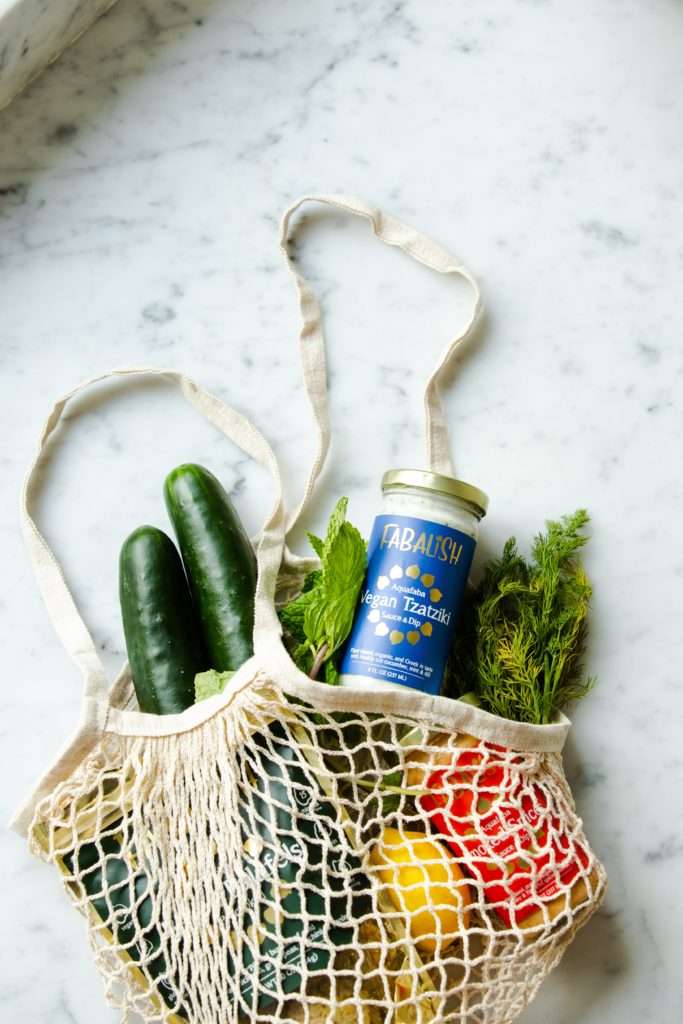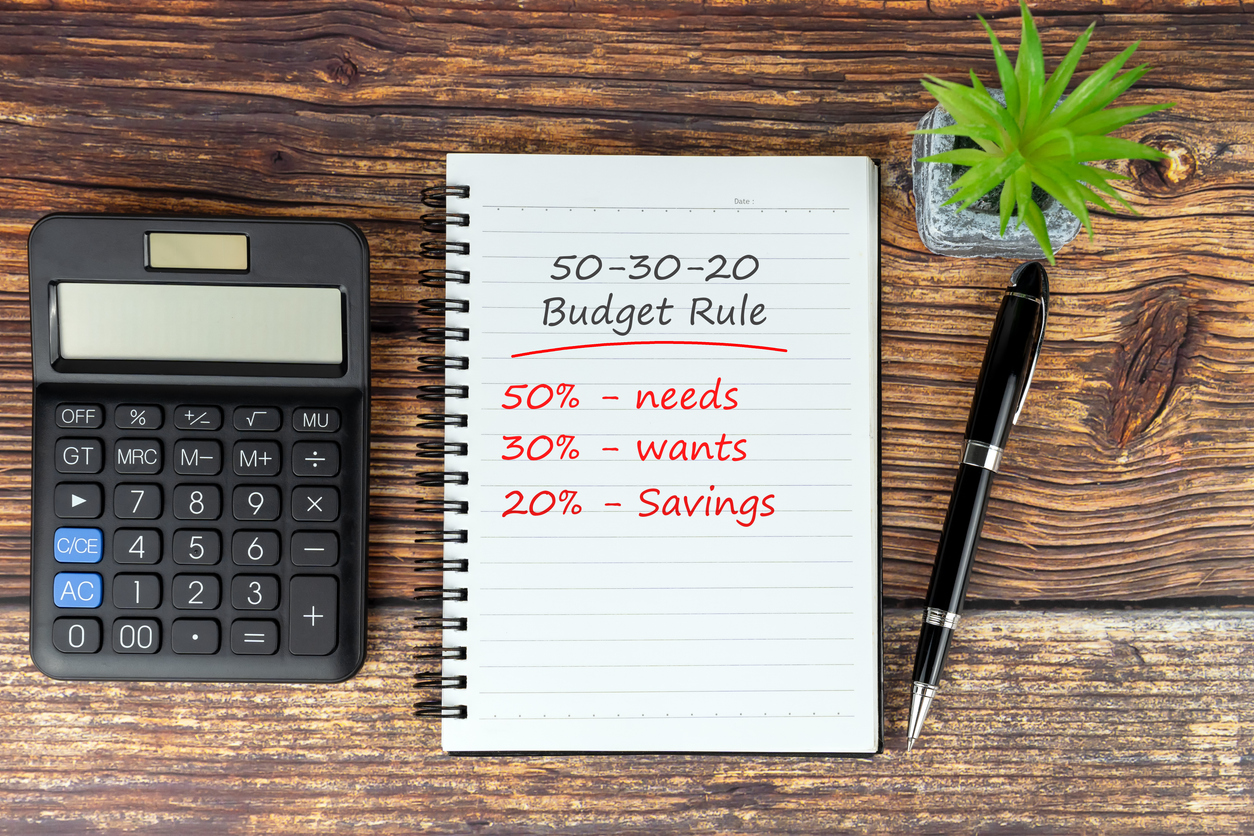5 Easy Swaps For A Zero Waste Kitchen
Sustainable Living | 18th June 202 by Mike Hardman
Mike Hardman, from kitchen and catering supplier Alliance Online, shares five simple lifestyle changes you can make to reduce your kitchen waste.
The average Brit generates around 394kg of household waste per year (Statista), most of which will end up being incinerated or in landfills. The kitchen tends to be a hotspot for household waste, with plastic packaging, cleaning products, and excessive food waste being some of the worst offenders. So, if you’re looking for more ways to help lessen your impact on the environment, reducing the amount of kitchen waste you produce is a great place to start.

5 Easy Swaps For A Zero Waste Kitchen
The easiest way to do this is to make a few tactical product swaps — it’s simple enough to do, but it can make a real difference over time. Try making a few of the changes I’ve shared below and, before long, you should see a noticeable difference in terms of how much stuff you’re throwing away each week.
Bring your own bags and containers to the supermarket
Ever since the plastic bag charge came in, we’ve all gotten a lot better at remembering to take our own bags with us to the supermarket. It’s a small thing, but it really does make a big difference, so it’s important to stick to it and remember to bring them with you every time.
If you sometimes forget, it may help to buy some tote bags that are designed to fold up into a small pouch. Then, you can keep one in your car, handbag, or coat pocket, so you won’t ever forget again. These days, you can even buy re-usable bags that can be rolled up and clipped on to your keyring, so you’ll always have one when you need it.
Avoid plastic while shopping
By far the biggest source of waste from our kitchens is food packaging — especially the dreaded plastic kind. In truth, most foods don’t actually need to be wrapped up in plastic packaging and while this attitude is gradually starting to catch on, it’s still the norm at most supermarkets. So, if you want to try to cut down the amount of plastic you’re throwing away, the simplest way to do this is by trying to avoid buying foods that are packaged in it.
Getting your food from bulk-buy stores, farmer’s markets, and zero waste grocery shops is great for this, as you can bring your own containers and buy dry foods and fresh produce without any packaging at all. They also allow you to shop by weight, meaning you only need to buy exactly as much as you need, which further reduces food waste. Eco-friendly zero waste shops are starting to pop up all over the UK at the moment so, if you’re lucky enough to live near one, be sure to make the most of it!
Even if you don’t live near an eco-friendly store, there are ways to make your food shop less wasteful. When shopping at the supermarket, try to buy loose fruit and veg wherever you can, and shop for cheese, meat, and fish from the counter, so you can use your own containers and bags. If you can’t completely avoid buying packaged foods, consider buying the largest pack size possible, as this will reduce the packaging to food ratio. Then, you can store, preserve, or freeze the surplus.
Ditch the disposables
There’s really no need to rely on disposables like kitchen roll or cling film. Not only do these increase the amount of stuff you’re throwing away, but they can only be used once, which isn’t exactly good for your wallet either. So, it’s far more environmentally friendly and cost-effective to find reusable options instead.
Rather than using paper towels to clean up spills, you can now buy re-usable absorbent towels that work like paper versions, but which last much longer. You can also make your own eco kitchen roll out of old textiles: used cotton clothing, sheets, and towels can all be cut into rags and used to mop up dirt and spills. Plus, as you’ll be recycling your old stuff, you’ll be killing two birds with one stone!
As for cling film, it’s much more sustainable to use sealed containers to store leftovers in the fridge, and they’ll stay fresher for longer too. Beeswax wraps are also a great alternative to plastic wrap: these are wax-coated pieces of fabric that hold their shape like cling film or tin foil, and they can also be used to wrap individual pieces of food, or to cover bowls and tins to keep them fresh for a couple of days. They can be cleaned and re-used again and again.
Switch to sustainable cleaning products

The cleaning chemicals we use to clean our kitchens are another big source of household waste, especially those that come in plastic bottles. So if possible, try to buy products in re-usable or recyclable glass bottles, or look for cleaning products that come in a bar form. Marseille bars — an olive oil-based soap — are a good alternative to liquid soaps, and they’re very long-lasting, too.
You can also make great everyday cleaners yourself using natural ingredients. A solution of one-part white vinegar, one-part water, and the juice of half a lemon makes a very effective, citrus-scented multipurpose cleaning product that’s ideal for wiping down kitchen surfaces. Baking soda is another fantastic natural cleaning product: just mix it with a little water to form a thick paste, and it will help make light work of burnt on grease and grime in pans and ovens.
For those very mucky jobs where a homemade product won’t quite cut it, look to eco-friendly cleaning brands. There are loads available on the market these days, so it’s increasingly easy to find options that are made using sustainable and recyclable packaging. Many brands are also starting to produce concentrated cleaning product refills, so you can just re-use the same spray bottle over and over.
Choose natural materials where you can
The large majority of dish sponges, brushes, and other tools we need to keep our kitchens sparkling clean are often made from plastics. And, because they can’t last forever and can’t be recycled, they will eventually end up in landfill, where it will take a very long time for them to decompose.
Instead, try to find cleaning tools made using natural, biodegradable materials where you can.
Dish brushes, mops, and dustpan and brush sets made from wood and natural fibres tend to last much longer, and they biodegrade much faster than plastic styles, so it’s a win-win. You can also use natural sea sponges and loofahs in place of plastic dish sponges: not only are they much more eco-friendly, but they can look very stylish next to your sink too. While cleaning products made from natural, biodegradable materials can be a little harder to find than plastic styles, they’re a much more eco-friendly choice all-round, so it’s well worth making the swap.
If you want to take steps to lead a more eco-friendly life, then simply swapping a few of your kitchen essentials is a great place to start. Try making some of the zero-waste swaps I’ve outlined here and, before long, you should see a real difference in terms of how much you’re having to throw away.
5 EASY SWAPS FOR A ZERO WASTE KITCHEN
Share this post:
Hear from Solo Living now and then by signing up to our mailing list


















